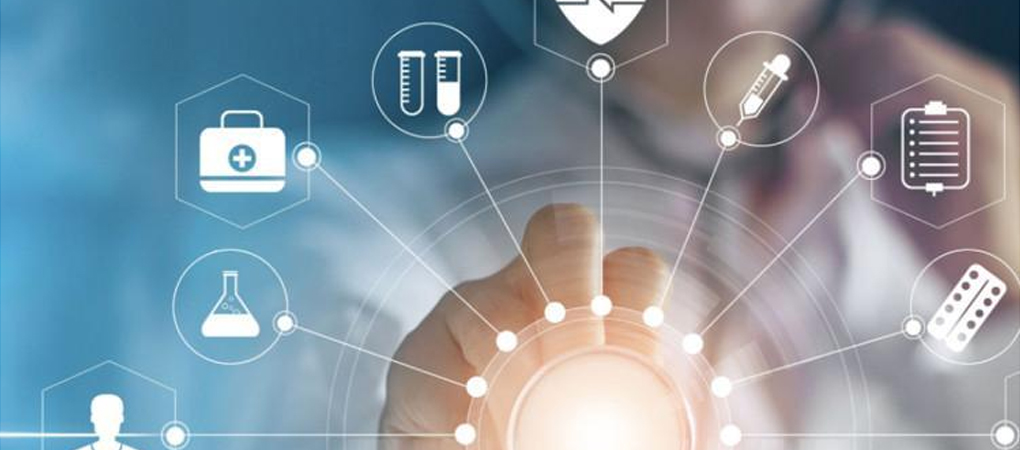

Emerging Technologies: AI and ML in Healthcare

AI and ML are the two driving forces in the healthcare industry
- Deploy more precise, efficient, and impactful interventions at exactly the right moment in a patient’s care.
- Learning algorithms becomes more accurate as it interacts with training data in which humans can gain insights into the diagnostics, treatment variability and patient outcomes.
AI Deep Learning Technology can improve breast cancer detection
A researcher and professor from University of Hawaii, John Shepard in his paper explained how deep learning algorithms can improve the prediction of breast cancer risk when taken into clinal risk factors.
An analysis of 25,000 mammograms revealed that the algorithms improved screen-detected breast cancer risk prediction. Artificial intelligence (AI) algorithms can learn from a wider range of photographs than radiologists, perhaps even a million images, rather than relying on the eight years of medical school training that they have had to endure through. As a result, clinicians are able to focus on care rather than data analysis.
Treatment and Diagnosis of Diabetes using AI
By analyzing organized data and resources, artificial intelligence can make advanced inferences. The target output is obtained using artificial intelligence-based analytical toolkits, such as deep learning and machine learning. Artificial intelligence can be used to treat and manage diabetes in three fundamental ways:
- Analyzing patterns in behavior and drawing inferences from them
- Diagnosing diabetes early and initiating treatment before illness occurs
- Making healthcare recommendations are tailored to individual needs
Some of the applications of diabetes diagnosis using AI are:
- An AI powered ophthalmoscope is used to help prevent blindness in people with diabetic retinopathy. This device’s precision is pretty much the same as having an ophthalmologist perform the screening. The sensitivity of the device is about 96%.
- Risk stratification is used in the diagnosis and treatment of diabetes to identify people who are susceptible to a specific disease at the pre-illness stage. As a result, medical intervention can be initiated at a very early stage, to reduce complications.
Huge potential for automation and efficiency across the global market
- According to a research, AI spending in healthcare is expected to be worth $36.1 billion by 2025
- Hence, the use of AI can provide tremendous benefits from increasing diagnosis efficiency, enhancing information sharing, and improving prevention.
- It is the future of healthcare industry and will be implemented in the best use.

Get In Touch
Contact us and find out how our services can benefit your company.
© 2025 Quantum IT Consultancy Services. All rights reserved.
